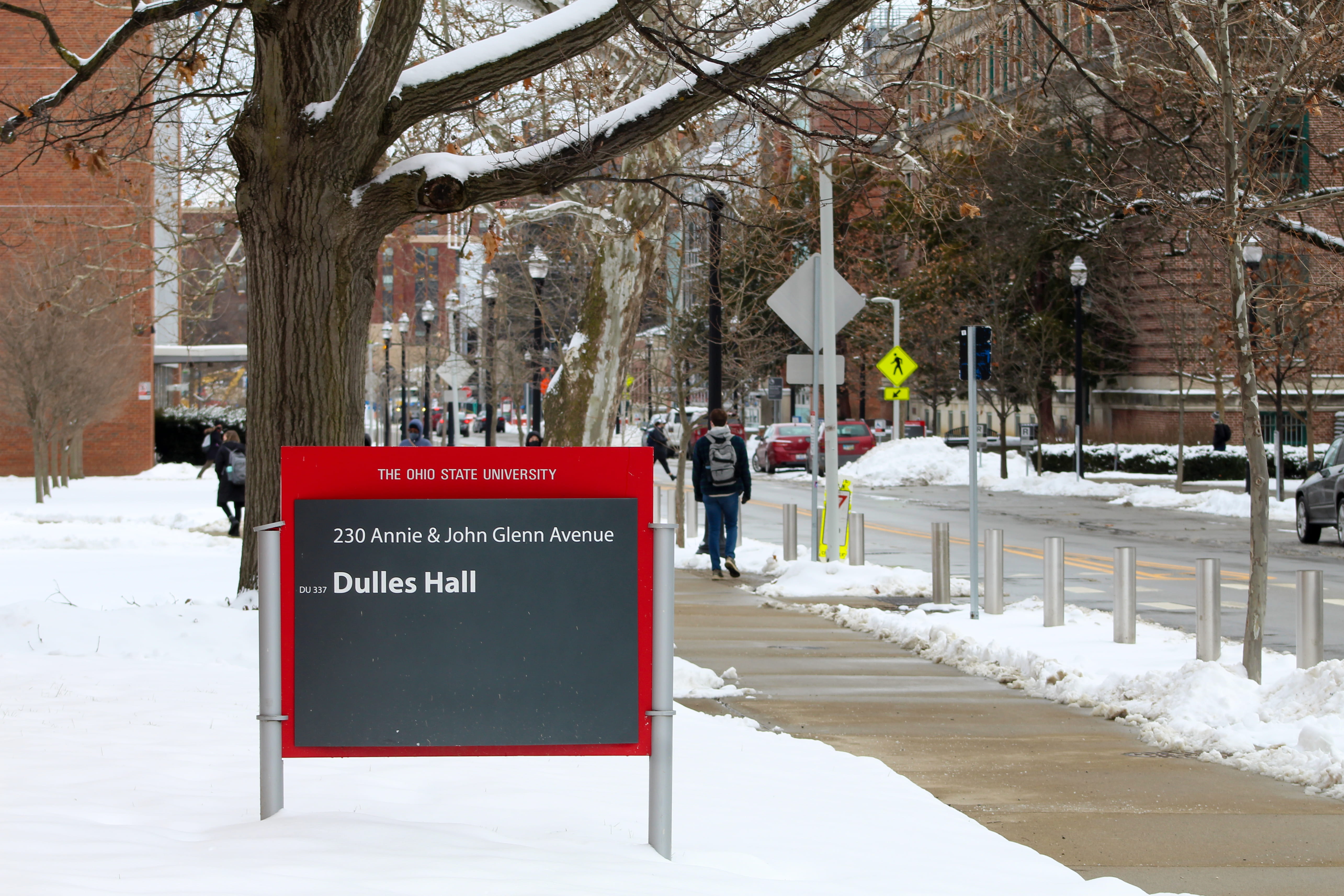I am a historian who studies the future.
You read that right.
Over the summer after I graduated high school and before I started college, I read all three books of Isaac Asimov’s “Foundation” trilogy, science fiction stories that centered on the figure of Hari Seldon, a “psychohistorian.” Psychohistory was a fictionalized science that predicted the aggregate behavior of entire societies and therefore allowed Seldon to predict political upheaval and social and economic change decades — even centuries — into the future. Although this was fiction, I was mesmerized; I decided right then that, like Seldon, I wanted to major in “the future” when I got to college.
Of course, when I arrived, I discovered that there was no such major. Instead, I chose the next best thing: a major in history.
While my colleagues study the Ottoman Empire or the civil rights movement, I study the possibilities for urban redesign brought about by autonomous transportation, the potential societal and cultural effects of biotechnology, changes in the definition of personal space brought about by COVID-19, and the future of work and leisure brought about by artificial intelligence — the subject of my next op-ed.
It turns out that studying history is excellent preparation for studying the future. Every historian locates evidence, analyzes and draws inferences from that evidence, and writes narratives that make sense of some complex context. When I am a historian — I am interested in the history of Ohio State, for example — I use these tools while looking backward, to the past. As a futurist, I use the same method and the same thought process, only I look forward.
Anyone who stands in front of you and says they can predict the future is lying to you. That’s because futurists — and historians — study complex adaptive systems, and it turns out that the behavior of these systems are notoriously difficult to predict with certainty. Complex systems often exhibit what is called “emergent behaviors” — unexpected outcomes of the complex feedback interactions of the individual parts of the system — and these often prove impossible to predict. At best, we can identify several possible behaviors of these systems. Studying history, studying the behavior of complex systems from the past, is good preparation for studying possible future emergent behaviors.
In futuring, we call these narratives about the potential future behaviors of systems “scenarios,” stories about the future, or indeed “histories of the future.” The idea is for a futurist to produce multiple scenarios — usually three or four — to give a sense of the different ways a system could behave. Historical inquiry begins with asking good questions, and the same is true with studying the future. What is the future of artificial intelligence? Will artificially intelligent machines replace all human labor? Or will we learn to work cooperatively with artificial intelligence, partnering with AI, as it were? Or will the hype around the cognitive power of AI remain just that, merely hype, a promise that remains unfulfilled? Each scenario is possible, and positing each captures more of the complexity and uncertainty of the future than an overconfident single prediction can.
For a time, I worked as a management consultant, helping companies think ahead anywhere from five to 10 years — sometimes longer — into the future in order to better anticipate change and prepare their organizations to thrive in those changed business environments. Again, I did not make predictions, but instead helped these companies understand and prepare for different futures, which allowed for the development of robust strategies by “rehearsing the future” before it actually arrives. Even though I cannot predict the future with certainty, I can indeed provide clarity about the future.
I am eager to teach the future to students. Look for upcoming op-eds from me on future scenarios in artificial intelligence, biotechnology, and geopolitical change. I am also developing a course called “A History of the Future” that will deal with these and other issues.
And perhaps, one day, I’ll develop a program here at Ohio State in future studies, so that an 18-year-old first-year student like I was who wants to major in “the future” can do so.
Professor David Staley is an associate professor of history at Ohio State.
Correction: A previous version of this story included the wrong title for the author. It has since been corrected.


